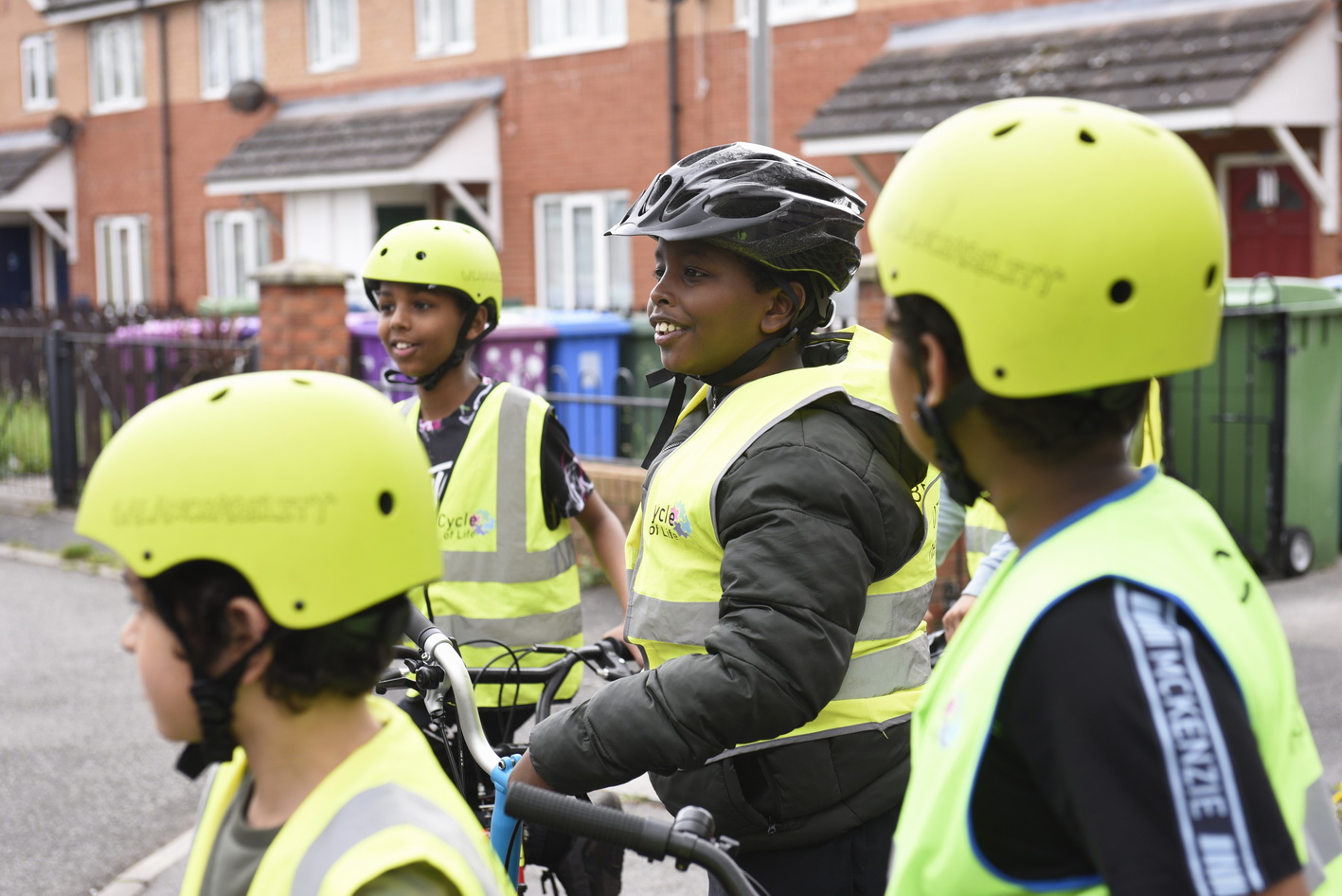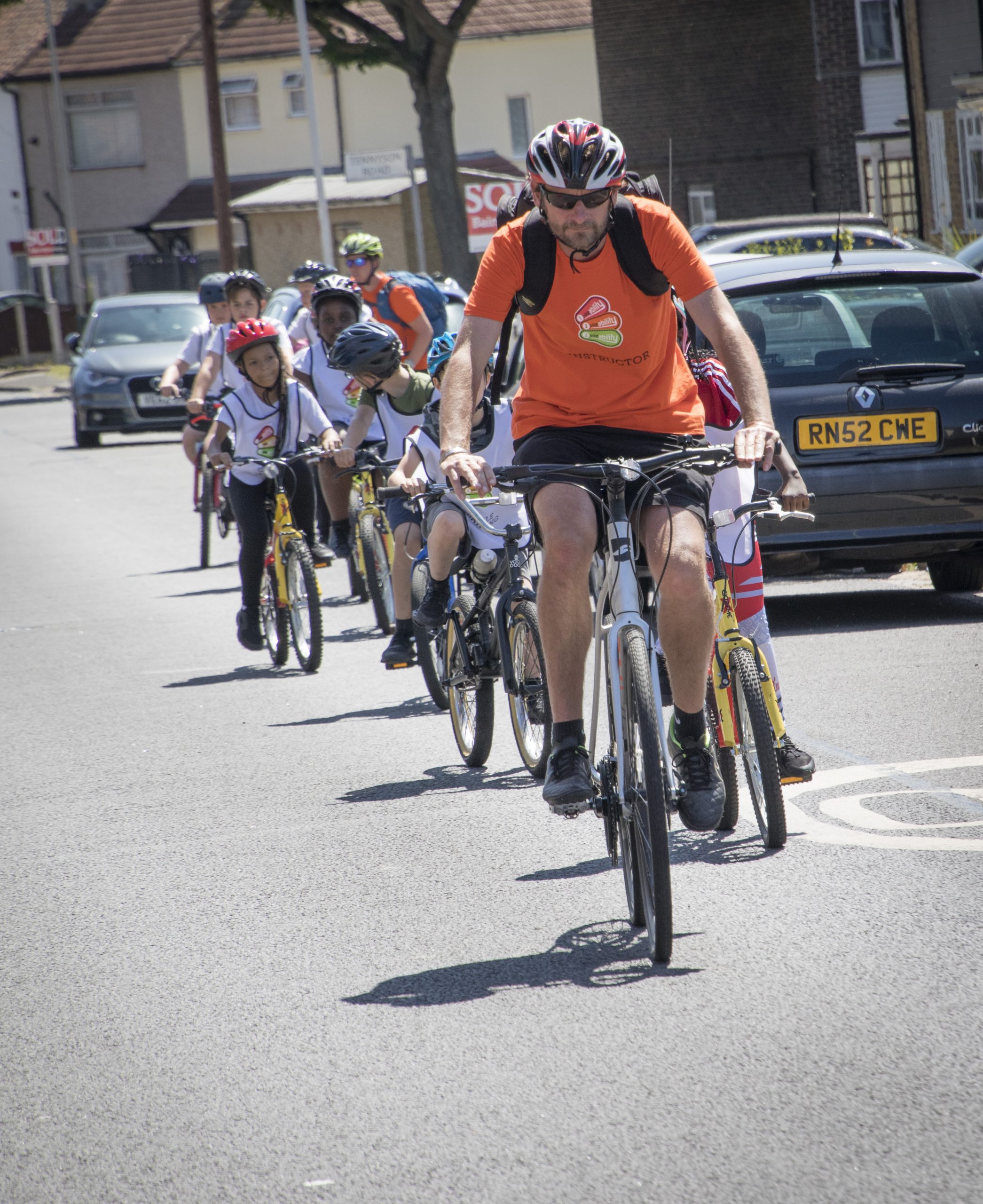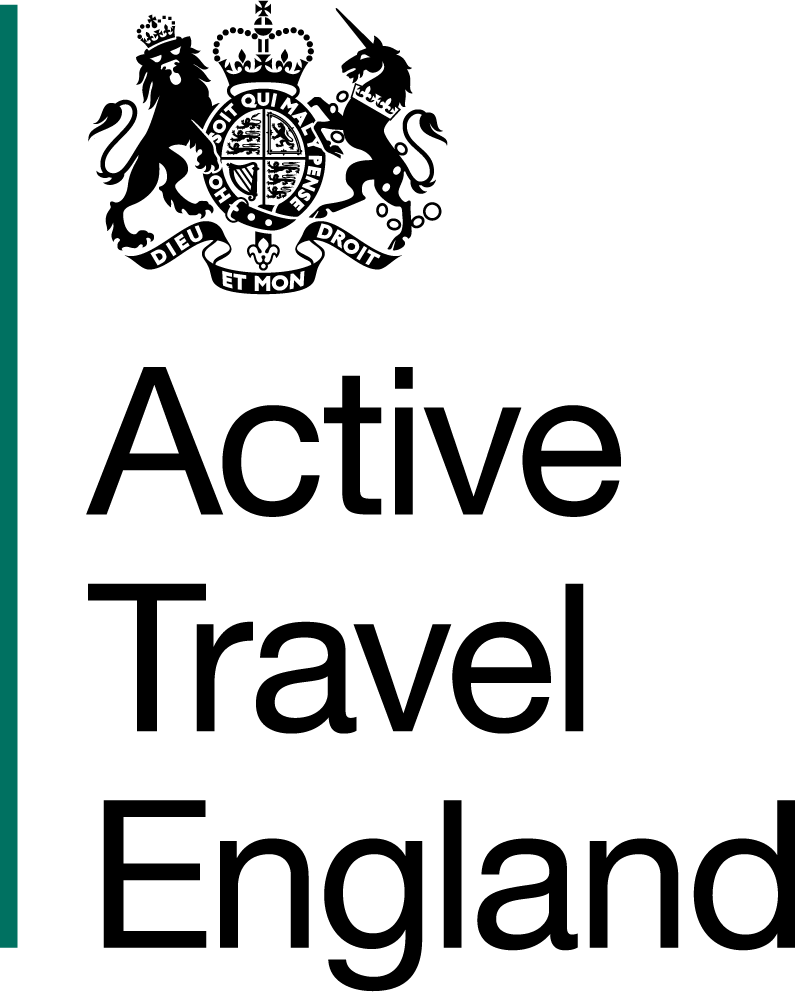We want to ensure consistent, high-quality delivery of Bikeability across the country. As a registered training provider, you can access the quality assurance programme free of charge. The programme aims to support you with your IQA and in all aspects of Bikeability.
External quality assurance (EQA) visits are organised by the Trust to further support training providers. The visits help to identify strengths and weaknesses in Bikeability management and delivery quality.
EQA visits support the training provider’s internal quality assurance (IQA) and aim to improve the quality and effectiveness of Bikeability across England.
We arrange EQA visits for at least ten percent of training providers every year.
Who are the quality assurance consultants?
Two consultants will visit you. One Bikeability industry professional and one UK Coaching training and quality assurance specialist. The consultants were selected based on their evidence of experience in delivering Bikeability cycle training and of relevant expertise in training and education.


What happens at an EQA visit?
The visits consist of an observation of Bikeability delivery and then a meeting about the management of the programme.
- The Trust will contact you requesting your training dates and availability of the training provider manager and IQA lead.
- The dates will be selected, and you will be required to confirm locations and times.
- Once all is confirmed two quality assurance consultants will be allocated. These are usually selected based on location and availability.
- A consultant will contact you once the visit has been arranged to have a virtual pre-visit meeting. In this meeting they will run through the procedure for the visit and answer any questions you may have.
- You can see all the forms that the consultants use during the visit below. This will help you get a good idea of what they are looking for.
- The visit will take place and feedback will be given on the day around what was seen at delivery and actions will be discussed. After the visit you will receive a written report including strengths, weaknesses and actions for improvement. This will also be sent to your grant recipient if relevant.
- One of the consultants that visited you will organise a virtual meeting within the following six months to follow up on the actions given.
Download the forms used during EQA visits so you can understand what our quality consultants are looking for.


Appeal process
The Trust welcomes all training providers that have had an EQA visit to get in touch if they have any questions or feedback regarding the report or how the visit was conducted. They can do this by emailing contactus@bikeability.org.uk and one of the operations team will be in touch.
If the training provider is dissatisfied with any part of the EQA report, then they may appeal the findings and actions. In order to initiate the appeal process the training provider/instructor will need to provide:
- name and contact details (email, contact number)
- list specific reasons for wanting to appeal the EQA report/visit starting with the most important concern.
- be clear about what they are hoping to achieve (for example an apology, explanation, new EQA visit, amendment to the report)
The operations team will formally acknowledge the request to appeal within 5 working days. An investigation will then take place. The investigation may require us contacting the grant recipient, training provider, school where delivery took place as well as the quality assurance consultants that conducted the visit. Once the investigation is completed the outcomes and resolutions will be sent to all relevant parties within 28 working days of receipt of the initial appeal request.
If the instructors that were observed as part of the EQA visit have any questions, feedback or complaints regarding the visit they should contact their training provider in the first instance. It is the responsibility of the training provider to decide how best to manage these discussions and to include these in part of their appeal if appropriate.



